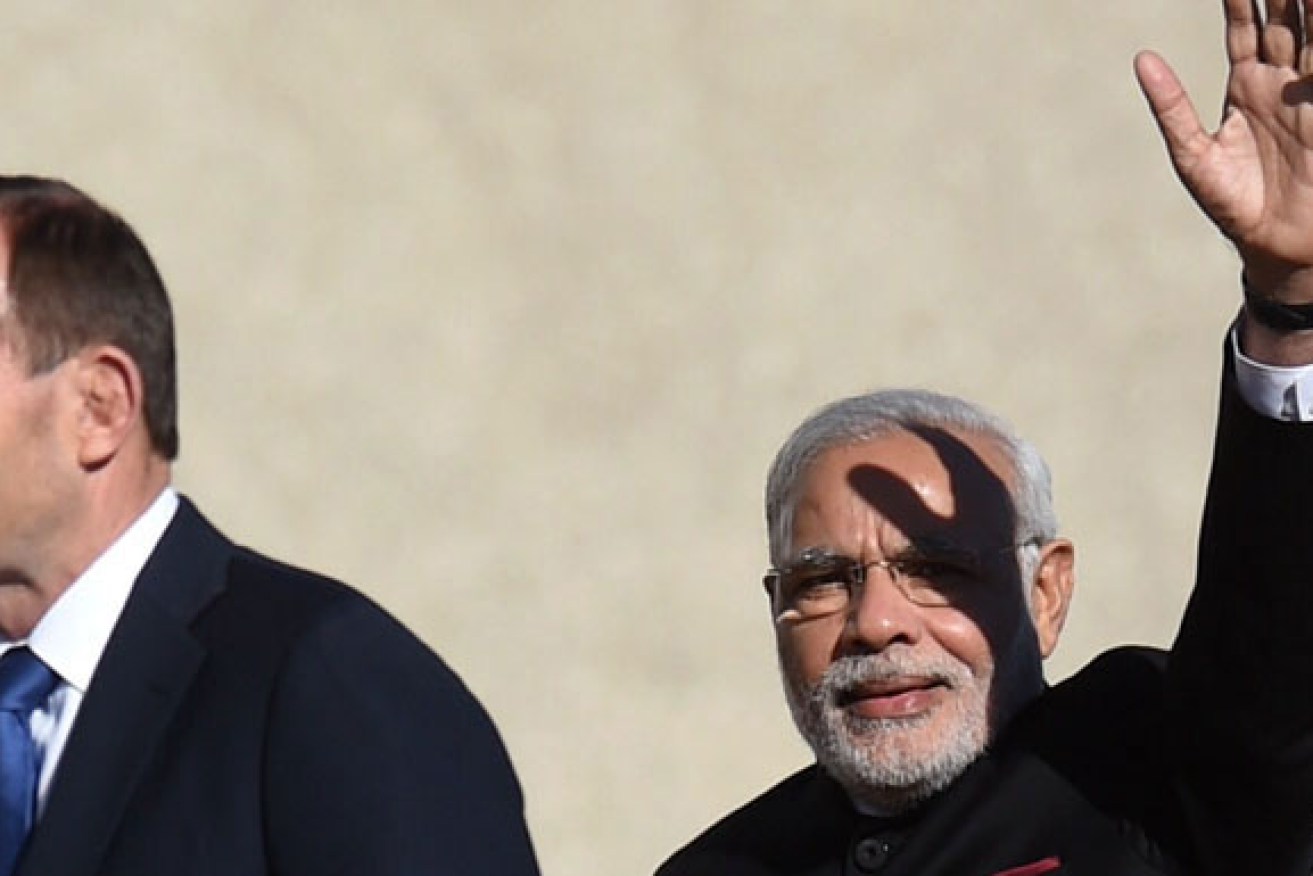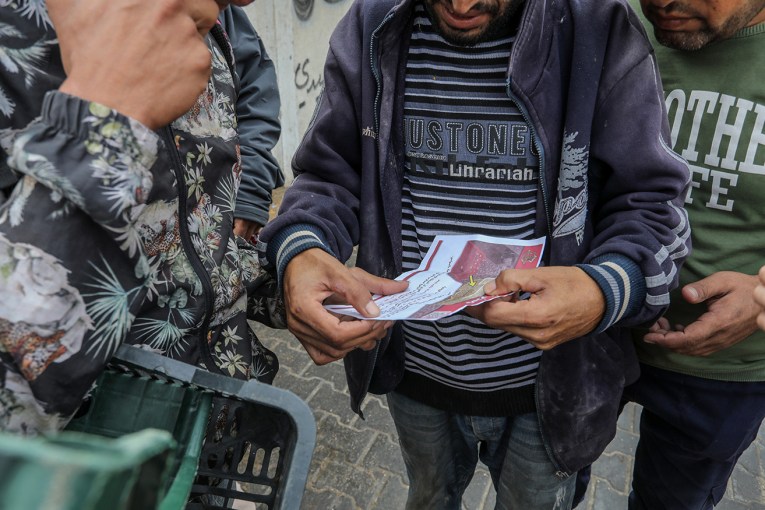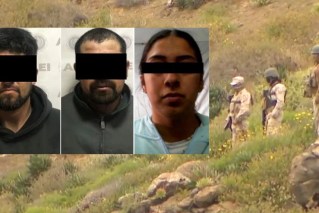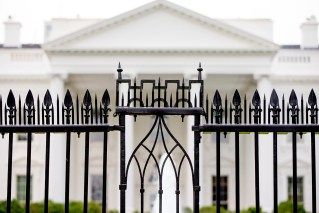‘Rock star’ Modi shows our pollies how it’s done

AAP
[jwplayer player=”1″ mediaid=”164316″]
We have waged war together, both at Gallipoli and on the cricket pitch, and millions of years ago our continents were even ‘joined at the hip’, and yet Australia and India are estranged.
That was the message from Indian Prime Minister Narendra Modi, who made closer ties the focus of his landmark speech to Parliament on Tuesday morning, illustrating the divide that many analysts blame on Australia’s close alignment with the US.
Mr Modi spoke directly to “the great people”, both Indian and Australian, an integral part of his rock star appeal. By far the most popular leader at the G20, Mr Modi was again greeted by a 15,000-strong cheering crowd at Sydney’s Olympic Park the night before the speech.
For Australian politicians who have a credibility problem with voters, watching Mr Modi feted by thousands of people so far away from home was a sobering experience.
• G20 Summit: the talk is done, now it’s time for action
• Runaway climate debate keeps Abbott hopping
• Gallery: What REALLY went on at the G20 summit
“I have never seen any leader as rapturously received in this country as Mr Modi has been,” said Tony Abbott in his welcoming address.
Mr Modi, whose government is the first in 30 years to command an absolute majority in the Indian lower house, has captured the imagination of his home country with much the same mantra as Barack Obama in 2007 — that of hope. This message was on display again.
“Today as I stand in this temple of democracy I consider nations such as ours to be blessed because democracy offers the best opportunity for the human spirit to flourish,” he said near the beginning of his address.
“From the smallest village to the biggest cities there is a new feeling of hope, a new energy,” said Mr Modi, who rose to prominence as chief minister of Gujarat, the home state of Gandhi.
He was glowing in his description of Australia as “one of the great nations of the world” and “beacon of democracy and rule of law”, but he also gently encouraged greater involvement in the Asia Pacific region.
Despite our close history and the 450,000 Indians that now call Australia home, the two nations have had relatively little to do with each other, both in trade and diplomacy. Mr Modi’s was the first visit from India’s chief politician in 28 years.
Climate change a point of difference

Indian PM Narendra Modi signs the visitor’s register at the Canberra War Memorial prior to his historic speech. Photo: AAP
There was also gentle criticism. Mr Modi spoke at length about clean energy “that does not cause our glaciers to melt”. This has been a sore point for Mr Abbott, whose attempts to keep climate change off the G20 agenda were thwarted very publicly by the US President and other leaders.
In response to these and other comments, Mr Abbott has been forced to change his rhetoric, announcing prior to Mr Modi’s landmark speech that “cleaner energy is one of the most important contributions Australia can make to the wider world”.
Both are agreed on greater energy exports, in the form of Australian uranium, gas and coal exports, although Mr Modi’s call for clean coal, renewable energy and water-saving measures were not been echoed by Abbott.
A fight for peace
Mr Modi did not dwell long on the issue of regional security, but made it clear that preserving peace and security is the “most important task”.
“Our region has seen huge progress on the foundation of peace and security, but we cannot take this for granted,” he said.
Mr Modi spoke longer about adherence to international law than the “major threat” of terrorism, which can be read as a veiled reference to territorial disputes with China.
“All nations small and big must abide by international laws and norms even when they have bitter disputes,” he said.
Showing his grand vision, Mr Modi even spoke about outerspace, saying that it and the internet must remain “frontiers for cooperation, not new frontiers of conflict”.
Notably absent from Mr Modi’s speech was any mention of corruption, an endemic problem in India, although Opposition Leader Bill Shorten praised the Indian leader for addressing the problem during his career in state politics.
Australia and India ‘open for business’

Narendra Modi, who has nearly eight million followers on Twitter, is immensely popular, both in India and Australia. Photo: AAP
By far, his heaviest focus was the economic potential of the relationship, which should hearten the “open for business” Abbott government. As Mr Abbott noted, Australia did only $15 billion worth of business with India last year, which “did not do the relationship justice”. Contrast this with the $85 billion of Australian goods bought by China last year.
Mr Abbott took great pride in announcing that he hopes a free trade agreement will be inked with India by this time next year, which would feasibly open up vast investment opportunities in India’s still very closed economy.
Mr Modi’s humour also shone through. He joked that a Parliamentary sitting so soon after the gruelling G20 schedule must be Mr Abbott’s way of shirtfronting his colleagues. And of course, cricket was a regular theme.
“India and Australia can play cricket hard with each other, and I suspect we will next month, but we see Australia as one of our foremost partners in the region.”
Eloquence – not comedy – is the Indian PM’s strength, and it was on grand display.
“Australia will never be at the periphery of our region, but at the centre of our thoughts,” he said in closing, signalling a stronger partnership that both sides will welcome.








